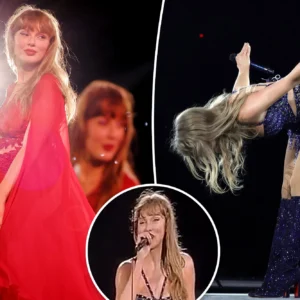In an exclusive behind-the-scenes revelation, Michael Jordan has made waves with his bold decision to refuse filming a commercial with Hollywood legend Robert De Niro. According to inside sources, Jordan’s reason was simple yet surprising: “I don’t like him!”
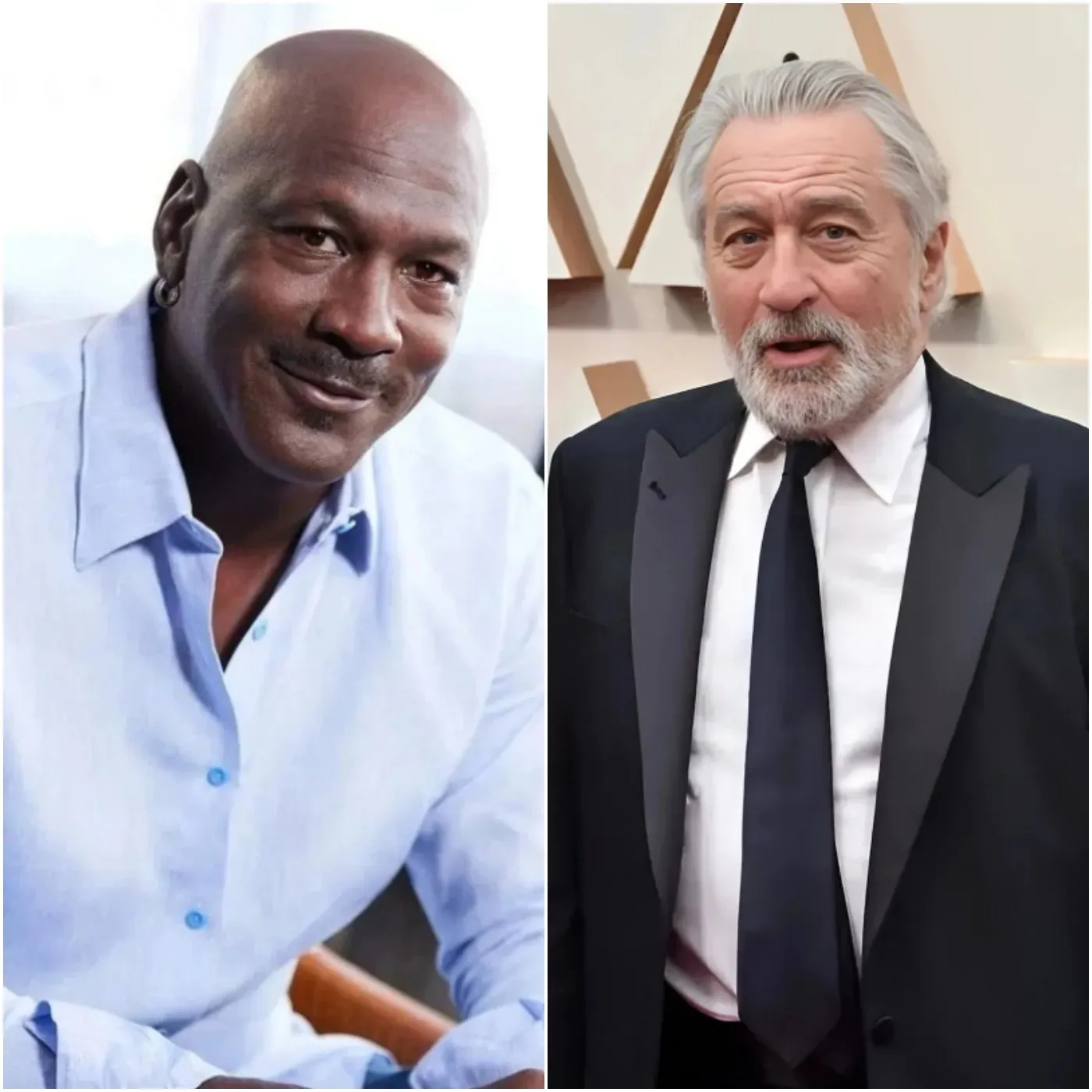
This dramatic turn of events has left many in the entertainment and sports industries stunned. The commercial in question was supposed to be a joint project featuring both Jordan and De Niro, intended to promote a popular brand while simultaneously supporting the ‘woke’ culture that has seen a surge in recent years. However, Jordan’s refusal has sparked a firestorm of speculation and debate.
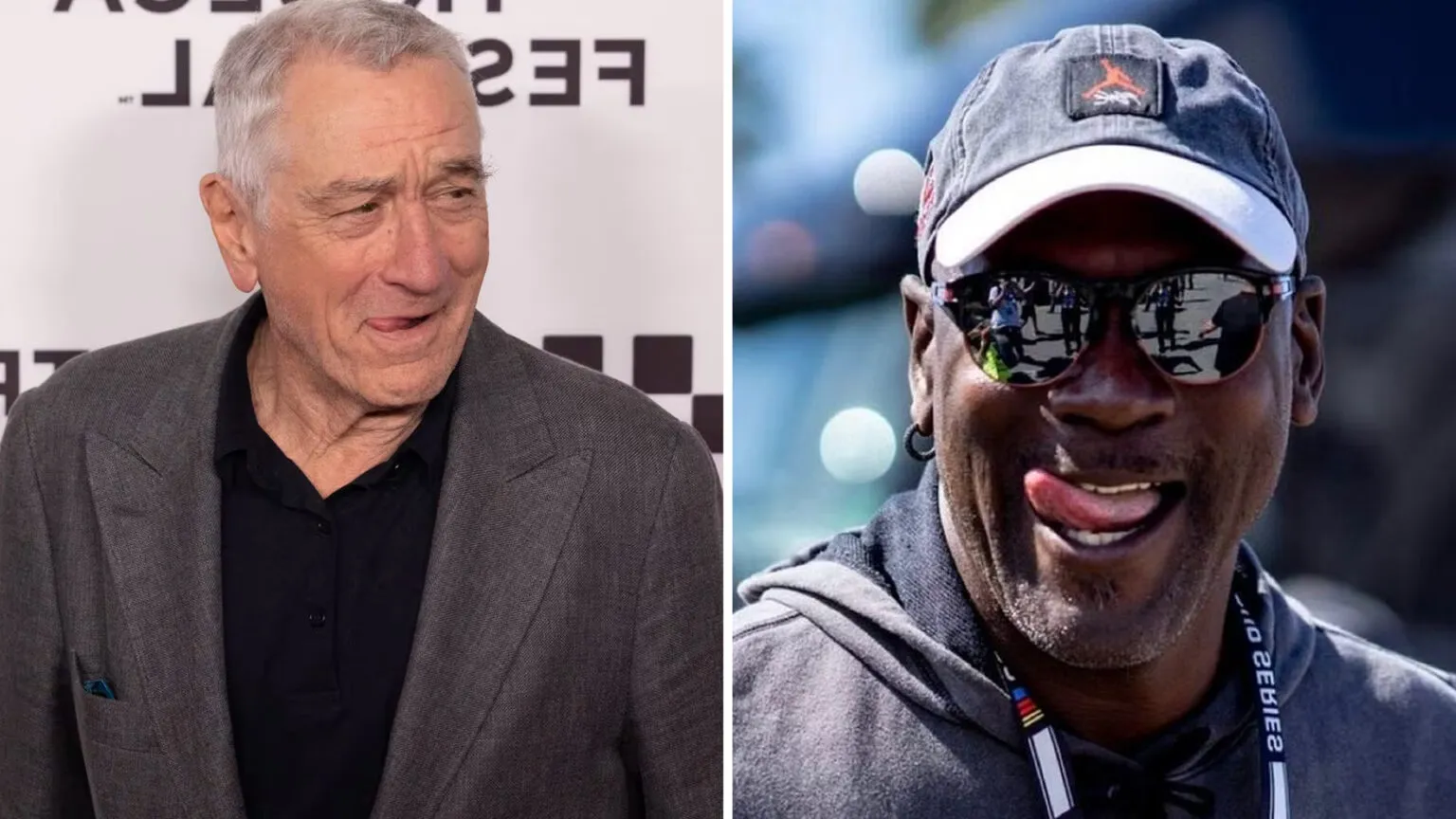
Michael Jordan, widely regarded as one of the greatest basketball players of all time, is not only known for his dominance on the court but also for his measured and often private demeanor off it. He has built a brand around his sportsmanship, personal success, and values, maintaining a carefully curated public image that aligns with his own philosophies. The same can’t be said about Robert De Niro, the veteran actor whose outspoken political views have often made headlines. Known for his liberal stances and frequent political activism, De Niro’s approach to public life could not be more different from Jordan’s.
Sources close to the NBA legend revealed that the crux of Jordan’s decision to back out of the commercial was rooted in personal differences with De Niro. “It’s more than just the politics; Michael simply doesn’t like the guy,” one insider shared. “There’s no animosity, but Michael doesn’t see eye to eye with Robert on many levels—politically and personally.”
The commercial was intended to tap into the growing trend of ‘woke’ advertising, a movement that often emphasizes social justice, inclusivity, and activism. De Niro, who has long been an advocate for progressive causes, was seen as a perfect fit for such a campaign. However, for Jordan, who has largely kept his personal beliefs out of the public eye, the idea of aligning with such a project seemed off-putting.
“Michael Jordan doesn’t want to be associated with a cause or a person that he feels doesn’t align with his own values,” explained another source close to the basketball icon. “It’s not that he’s against social issues—he supports many causes—but he’s very cautious about where he puts his name.”
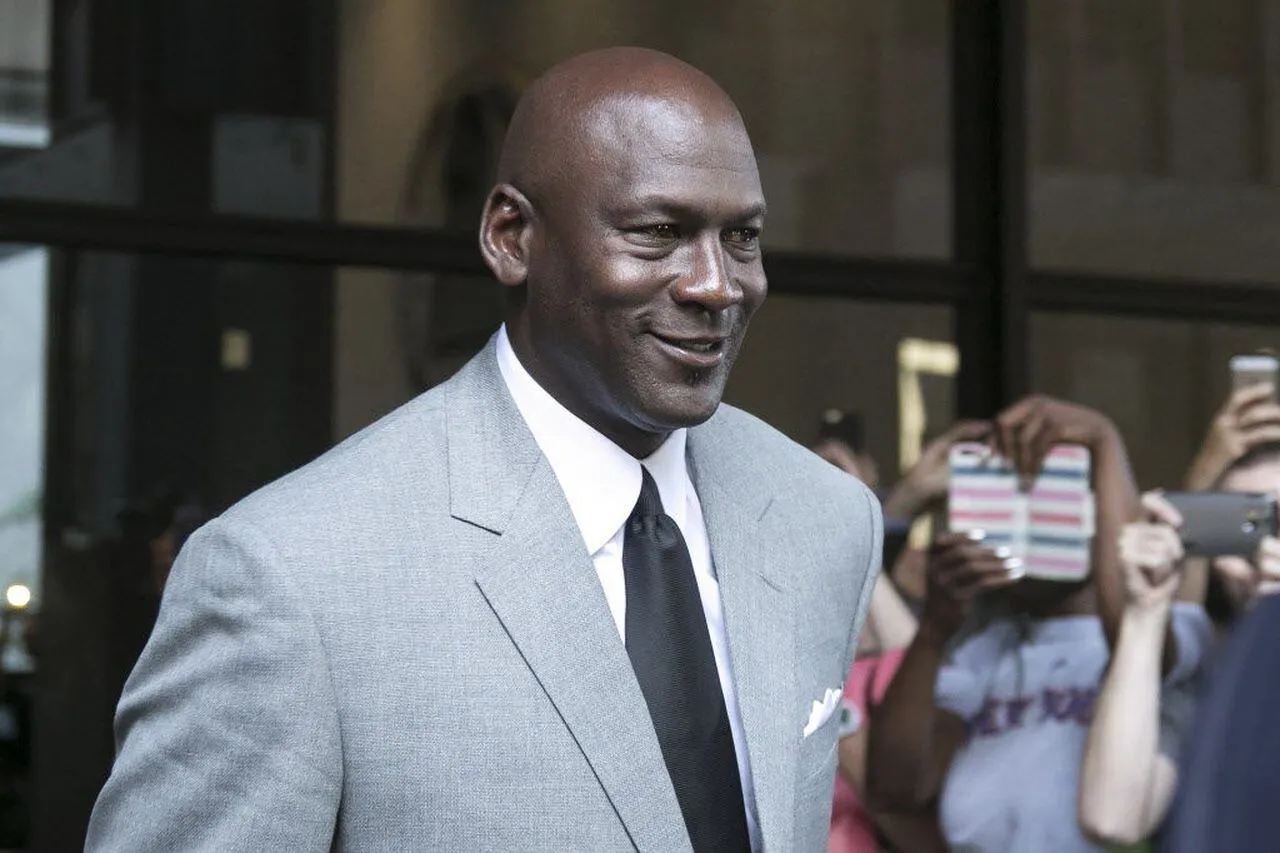
Jordan’s refusal is all the more shocking considering the immense stature both figures hold in their respective industries. Robert De Niro is a two-time Academy Award winner and is regarded as one of the finest actors of his generation, while Michael Jordan’s cultural impact as a basketball player, entrepreneur, and philanthropist is unparalleled. The pairing seemed like a natural fit, with both being larger-than-life figures known for their influence on popular culture.
Yet, Jordan’s public refusal shows that even the most influential stars have their limits when it comes to the kind of partnerships they are willing to enter into. It also reveals a shift in how celebrities are viewing the intersection of politics, media, and corporate endorsements.
As the fallout from this revelation continues to unfold, many are curious about the future of Michael Jordan’s brand and his personal endeavors. His refusal to participate in the commercial may signal a deeper commitment to keeping his brand and personal beliefs separate from the increasingly polarized world of celebrity activism.
Jordan has always been known for making calculated business decisions, and his absence from the commercial may suggest he’s prioritizing his reputation and maintaining control over the messages associated with his name. Whether or not this will affect his relationships with other major celebrities or brands remains to be seen.
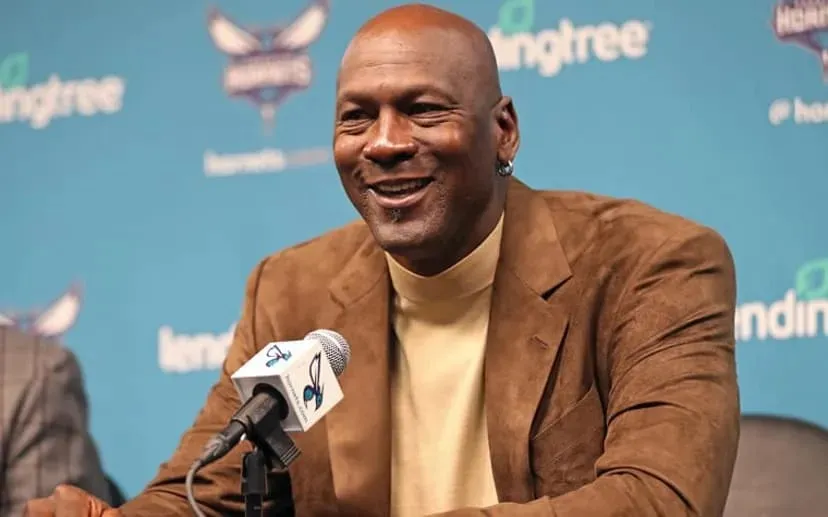
As for Robert De Niro, his team has yet to comment publicly on Jordan’s refusal to film with him. De Niro has long been known for his bold political opinions, and this incident adds yet another layer to his complex public persona. While De Niro may not have expected this level of pushback, it’s clear that the clash of ideologies between him and Jordan has sparked an ongoing conversation about the role of celebrity activism and corporate endorsements.
This incident also brings to light the growing role of woke culture in advertising, and how it is reshaping the way brands approach their celebrity endorsements. The controversy surrounding this commercial is indicative of a larger conversation happening in Hollywood and beyond, where celebrity opinions on social and political issues are becoming increasingly difficult to navigate.
As brands continue to push for inclusivity and activism in their messaging, the tension between personal beliefs and commercial partnerships is likely to remain a hot topic. For Michael Jordan, however, it seems that staying true to his own values is more important than ever.
Whether or not this incident will spark more behind-the-scenes tensions in the celebrity world, one thing is clear: Michael Jordan’s refusal to participate in a project with Robert De Niro highlights the ongoing complexities of celebrity culture in the modern age.




